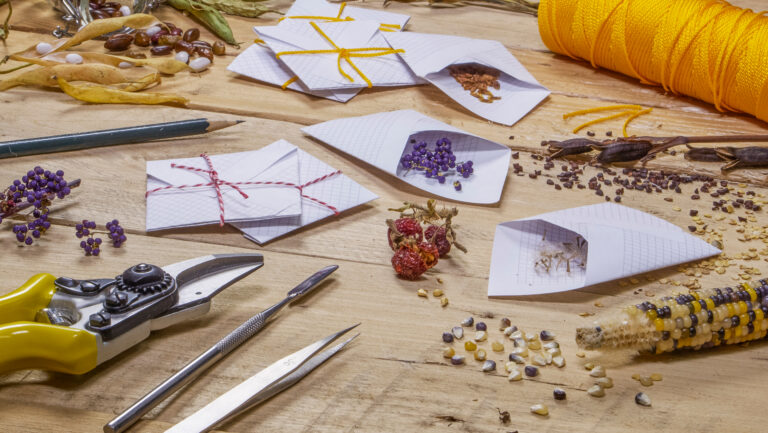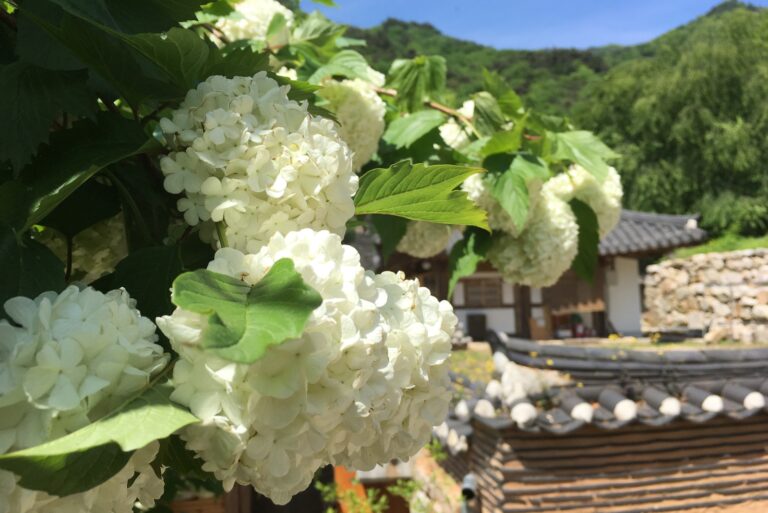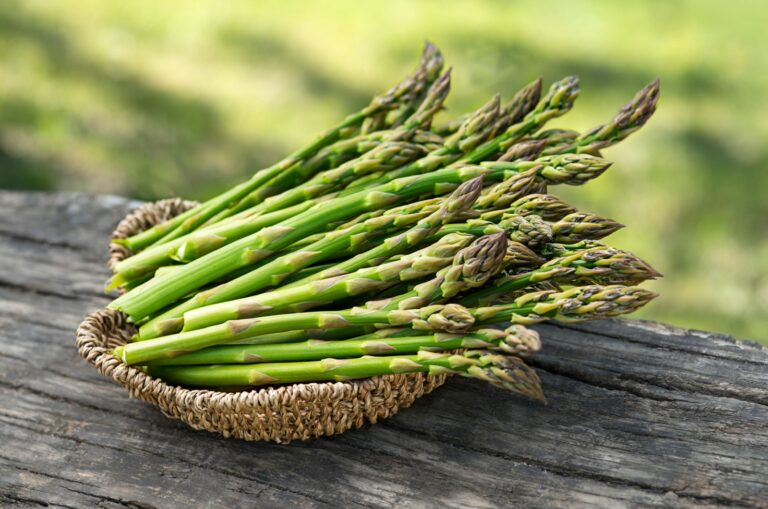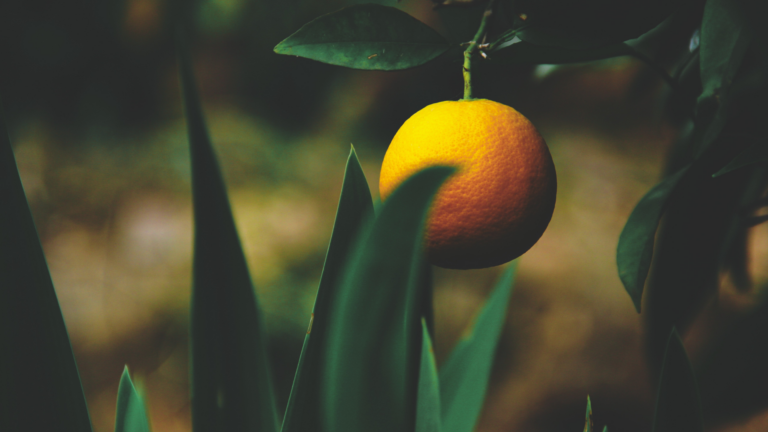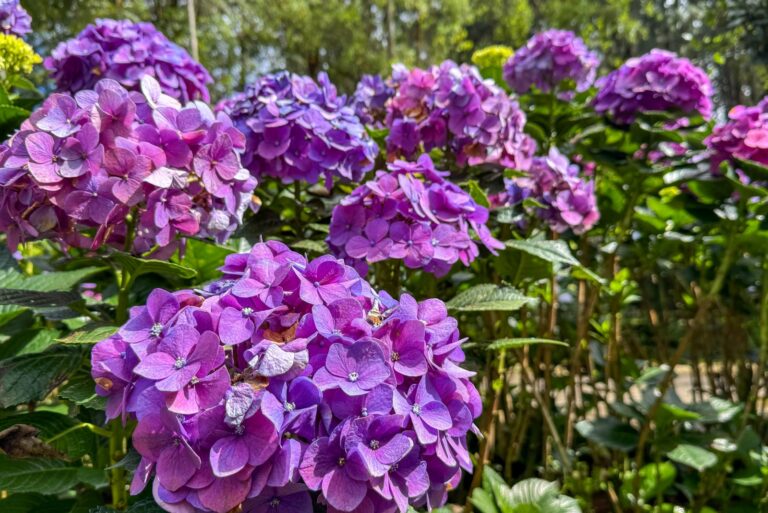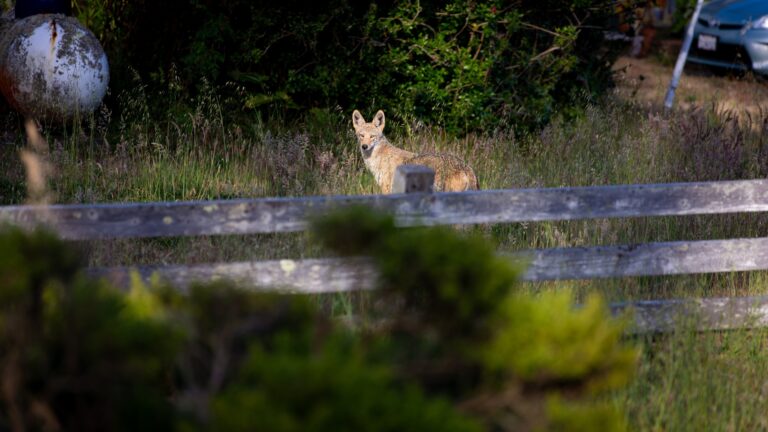24 Things Experienced Gardeners Wish First Timers Would Stop (and Start) Doing
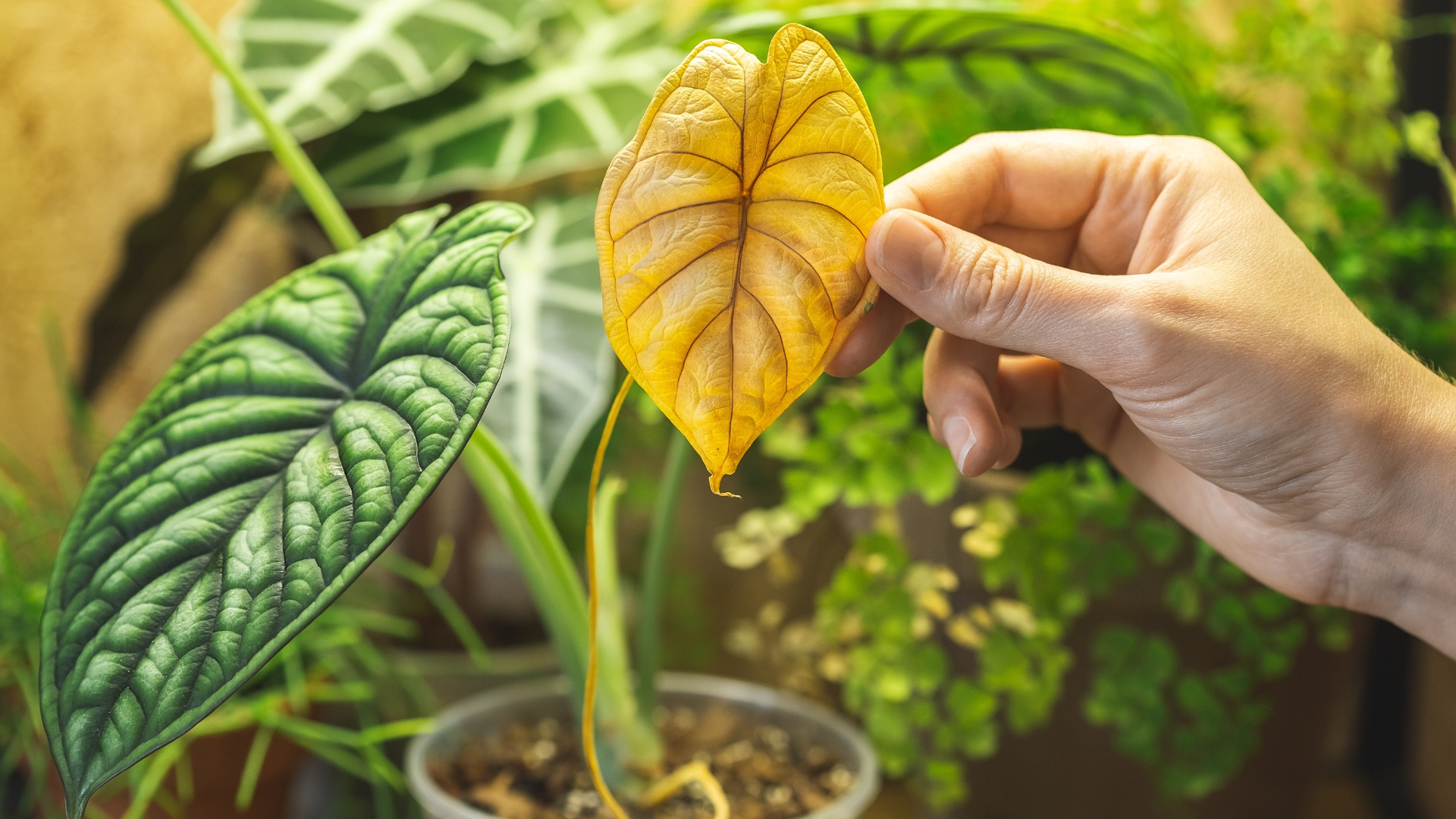
Embarking on your gardening journey can be as thrilling as it is daunting, but worry not, for even the greenest thumbs have to start somewhere. However, there are nuggets of wisdom seasoned gardeners wish they could pass down to newcomers, saving them from common pitfalls.
From overwatering woes to ignoring soil health, these insights aim to cultivate not just your plants, but your gardening prowess. Here are 24 essential do’s and don’ts straight from the hands of those who’ve been digging in the dirt!
1. Stop Overwatering Plants
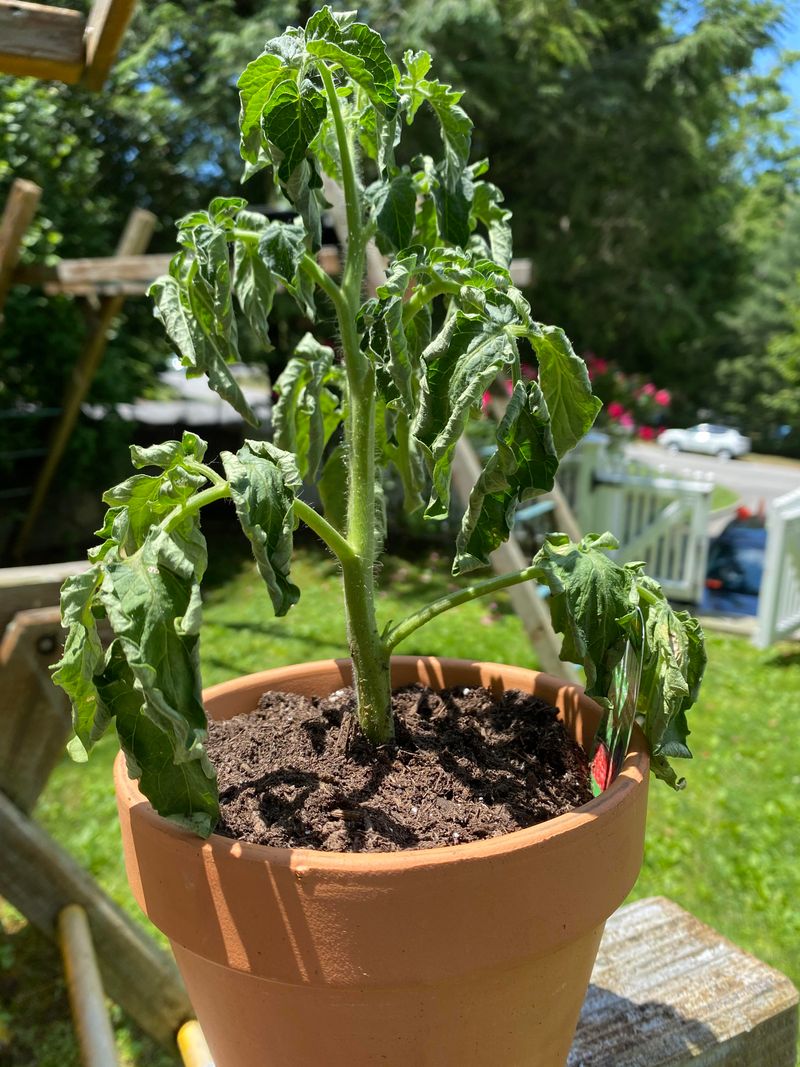
Ever stood in your garden and thought, “A little more water can’t hurt, right?” Wrong! Overwatering is one of the most common mistakes new gardeners make. Plants need water, but not so much that they’re swimming in it. The roots require oxygen just as much as they need hydration.
By drowning them, you’re essentially cutting off their air supply. Watering should be done with consideration to the plant’s needs and the soil’s moisture levels. Stick your finger into the soil; if it feels dry about an inch or two down, it’s time to water!
2. Start with Native Plants
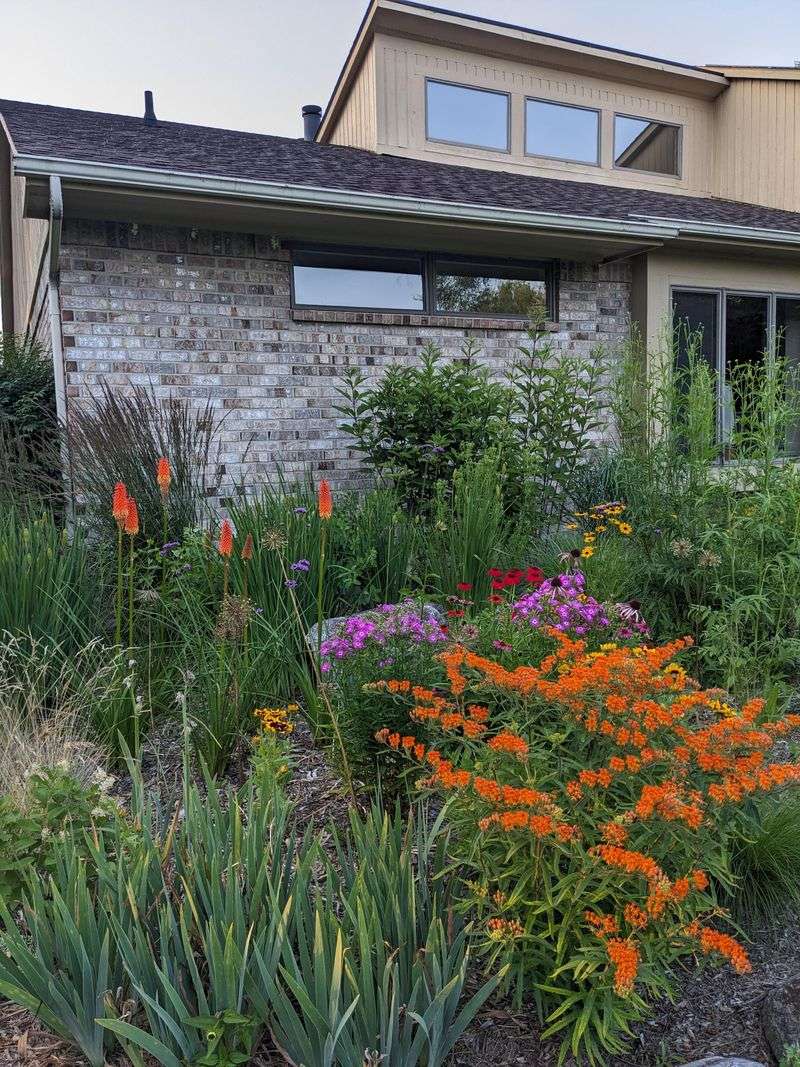
When embarking on your gardening journey, choosing native plants can make your life significantly easier. Native plants are already adapted to the local climate and soil conditions, meaning they’re likely to thrive with less effort.
They often require less water, are more resistant to local pests, and help support native wildlife. Incorporating local flora into your garden is not just good for you, but also for the environment.
You’ll spend less time fighting nature and more time enjoying it. Plus, native plants can bring a unique beauty to your garden that can’t be found with imported species.
3. Stop Ignoring Soil Health
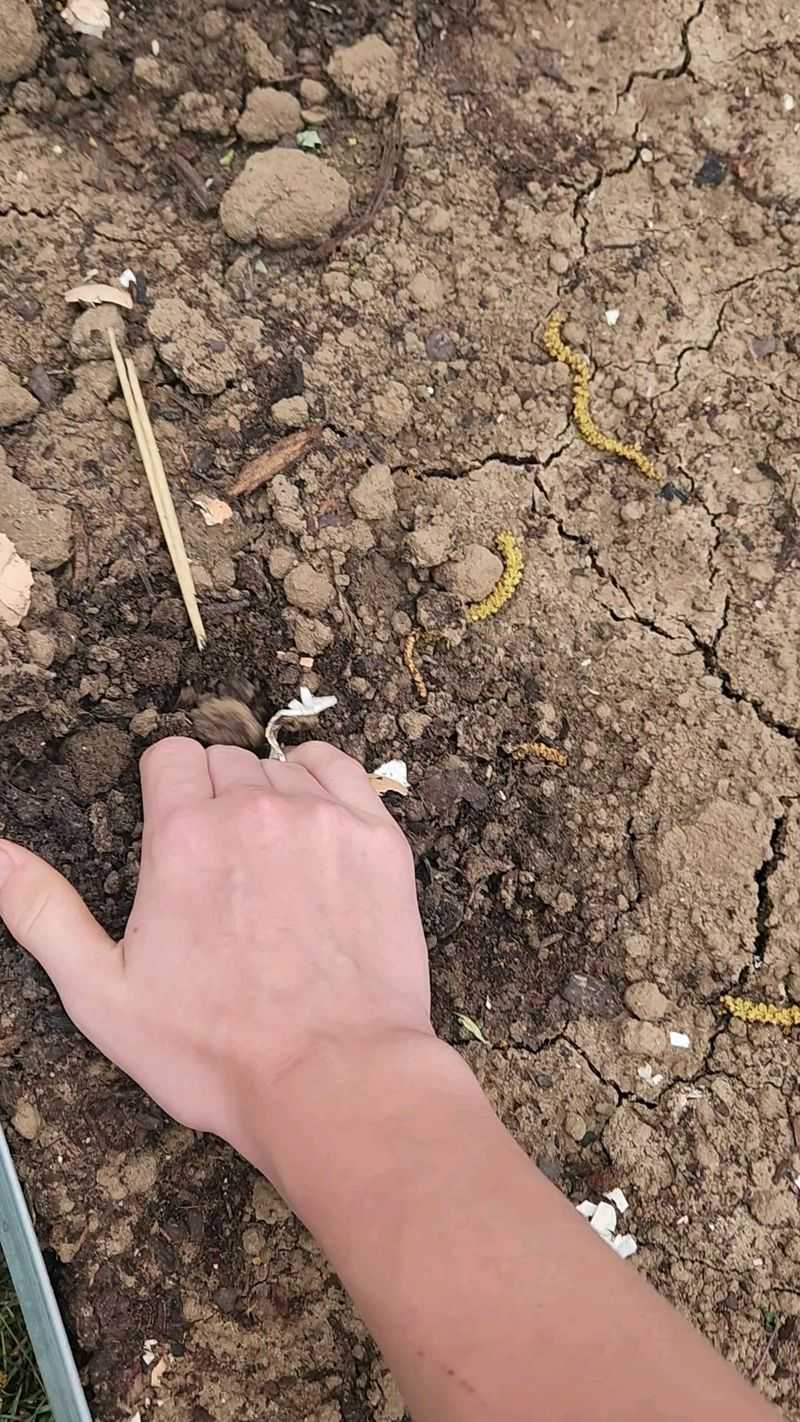
Healthy soil is the foundation of a thriving garden, yet it’s often overlooked by beginners. A garden won’t flourish if the soil is neglected. Soil health involves a balance of nutrients, pH levels, and organic matter.
Regularly testing your soil can provide invaluable insights into what your garden needs. Adding organic matter like compost can dramatically improve soil structure and fertility.
Consider it feeding your plants from the ground up. Strong, healthy soil leads to stronger, more resilient plants that are better able to withstand pests and diseases.
4. Start Mulching
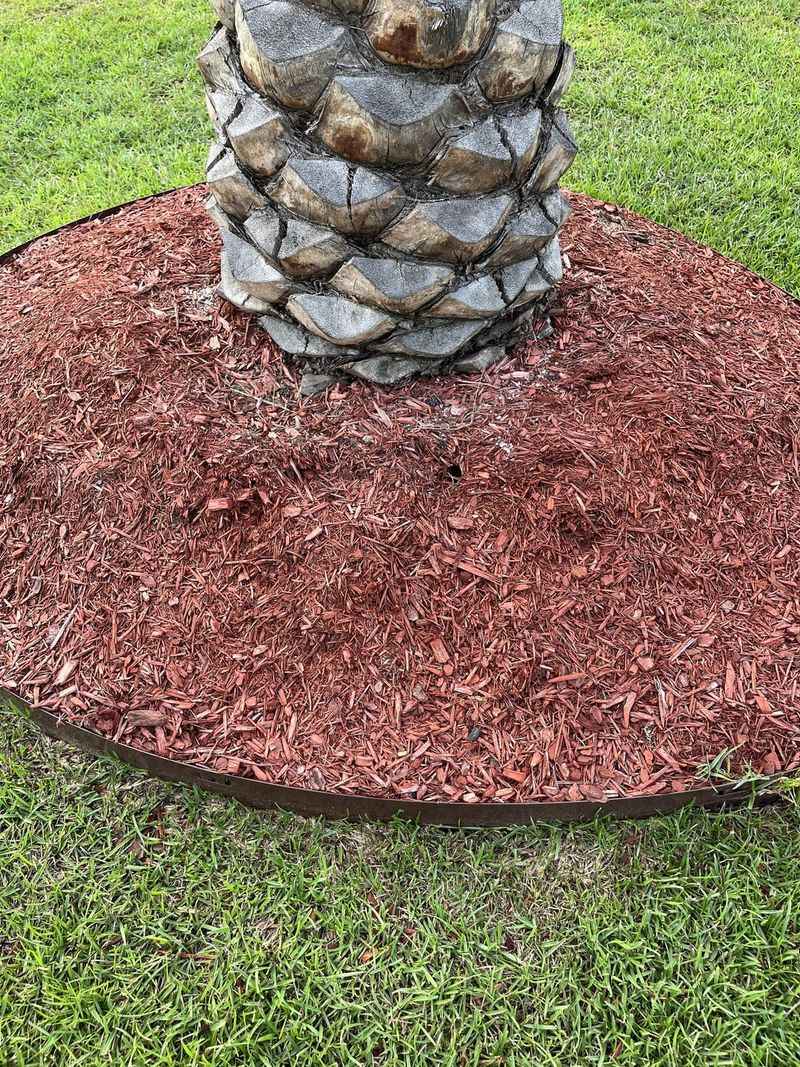
Mulching is a simple yet effective gardening practice that often goes unnoticed by beginners. It involves spreading a layer of material, such as straw, bark, or leaves, on the soil surface.
This serves multiple purposes: it retains soil moisture, suppresses weeds, and adds organic matter as it decomposes. Think of it as a protective blanket for your plants. Not only does it keep the soil warm in the winter and cool in the summer, but it also gives your garden a neat and tidy appearance.
5. Stop Crowding Plants
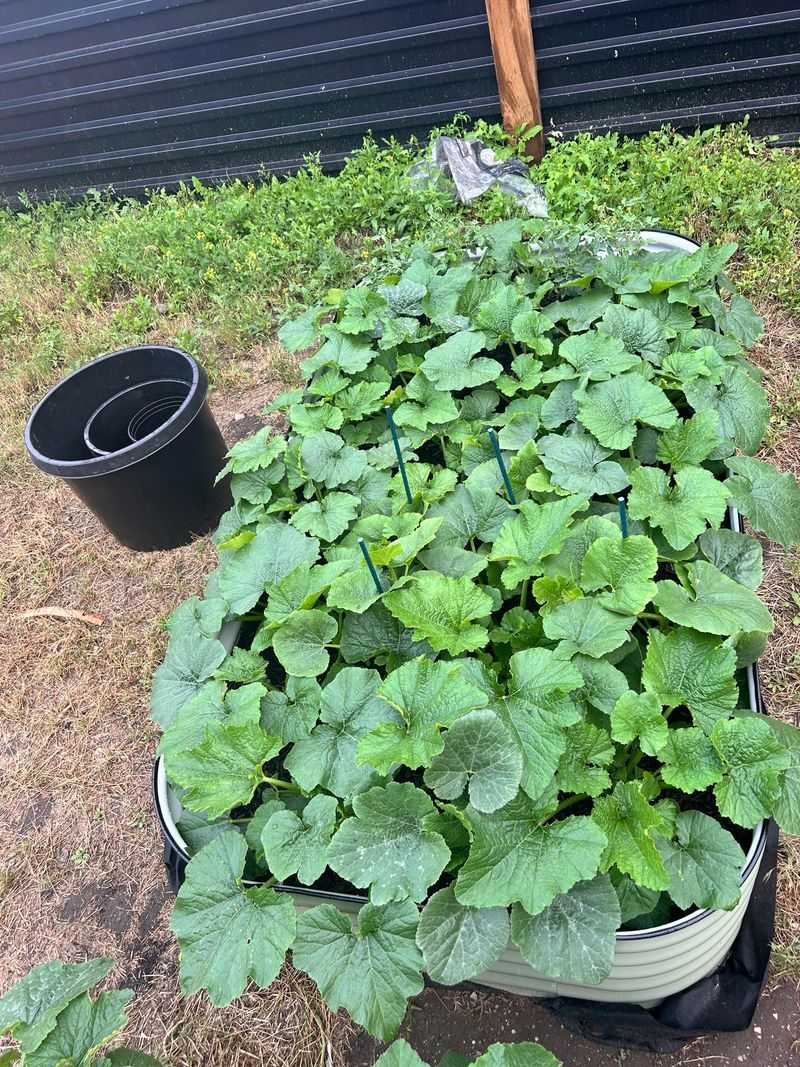
In the enthusiasm of starting a garden, many beginners tend to plant too closely, thinking it will lead to a lush, full garden. However, overcrowding can lead to a host of problems, including poor air circulation and competing for nutrients.
Each plant needs its own space to grow and thrive. Proper spacing allows sunlight to reach lower leaves and ensures that plants have access to necessary nutrients. Crowded plants can become stressed, making them more susceptible to pests and diseases!
6. Start Composting
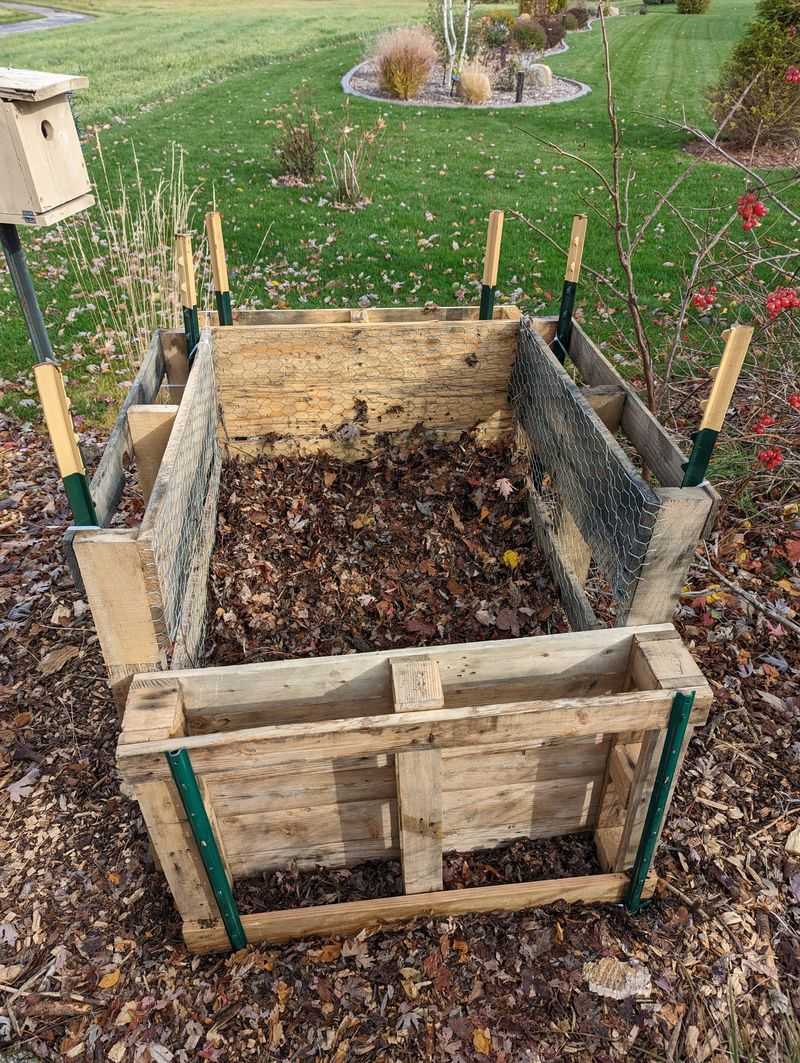
Composting is an excellent way to recycle kitchen scraps and garden waste into nutrient-rich soil. Not only does it reduce waste, but it also enhances your garden’s fertility. Starting a compost pile is simple; it just requires a balance of green and brown materials.
Over time, these materials break down into a rich, earthy compost you can use to enrich your soil. Regularly turning the compost pile helps speed up the decomposition process. Composting is a sustainable practice that benefits both your garden and the environment.
7. Stop Using Chemical Pesticides
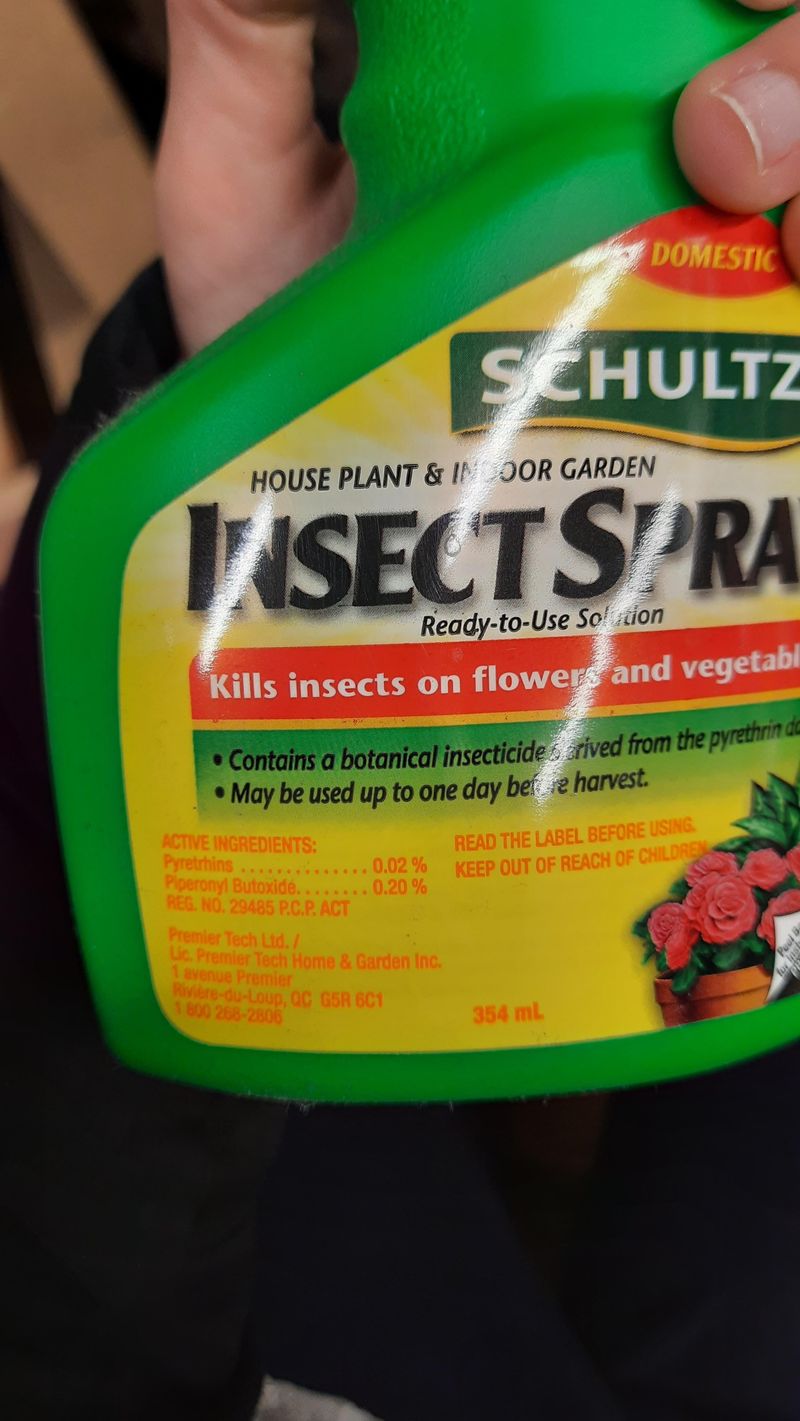
Chemical pesticides might seem like a quick fix to pest problems, but they can do more harm than good. They kill not only harmful insects but beneficial ones as well. This disrupts the ecosystem and can lead to more pest problems in the long run.
Instead, opt for natural pest control methods like introducing beneficial insects or using neem oil. These solutions are safer for the environment and your plants. Chemical residues can also linger on your produce, posing health risks. Gardening is about working with nature, not against it.
8. Start Planning Your Garden Layout
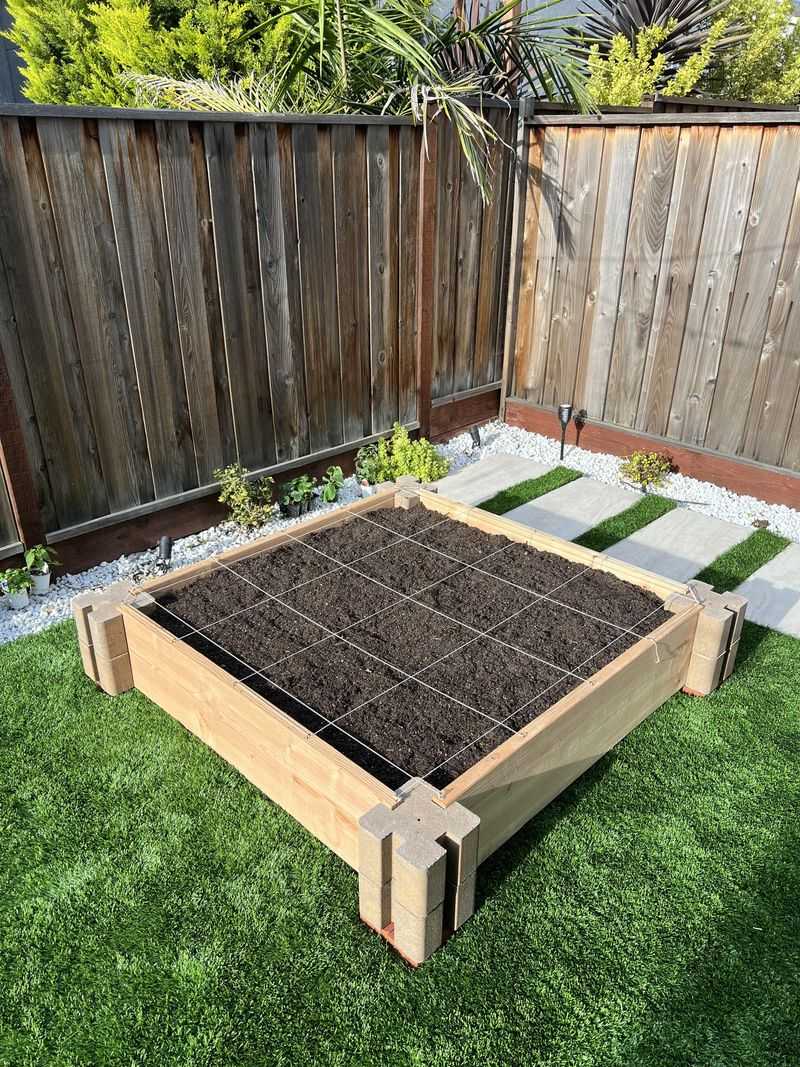
Before you start planting, it’s crucial to plan out your garden’s layout. A well-thought-out design can save you time, money, and effort. Consider factors like sunlight, water access, and plant compatibility. Grouping plants with similar needs together can simplify care and increase success.
Planning also allows you to make the most of your available space. With a clear idea of where everything goes, you can avoid costly mistakes. A thoughtful layout can lead to a more productive and beautiful garden.
9. Stop Planting Only Annuals
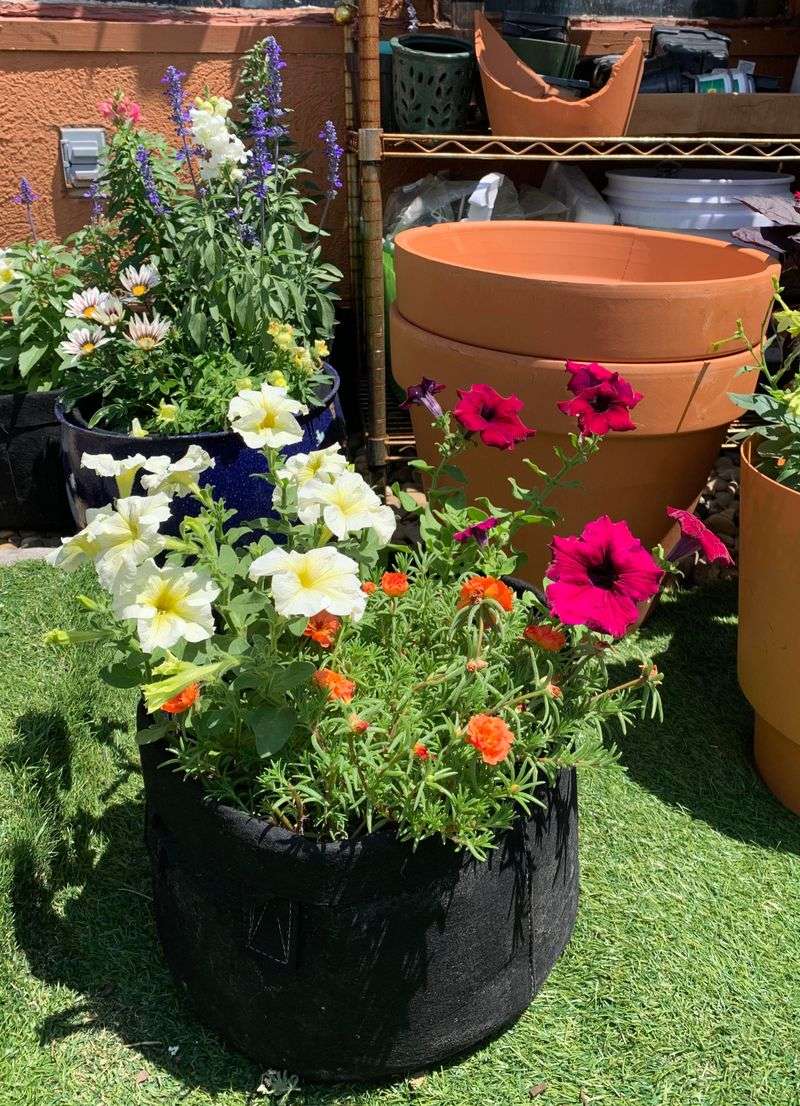
Many beginners stick to annuals for their vibrant colors, not realizing the benefits of perennials. Perennials return year after year, providing consistent structure and beauty. They require less maintenance and offer a more sustainable option for your garden.
By planting both annuals and perennials, you can enjoy a changing tapestry of colors and textures throughout the seasons. Perennials often have deeper root systems, making them more drought-resistant. Incorporating a mix of both can lead to a richer, more diverse garden!
10. Start Using Rainwater
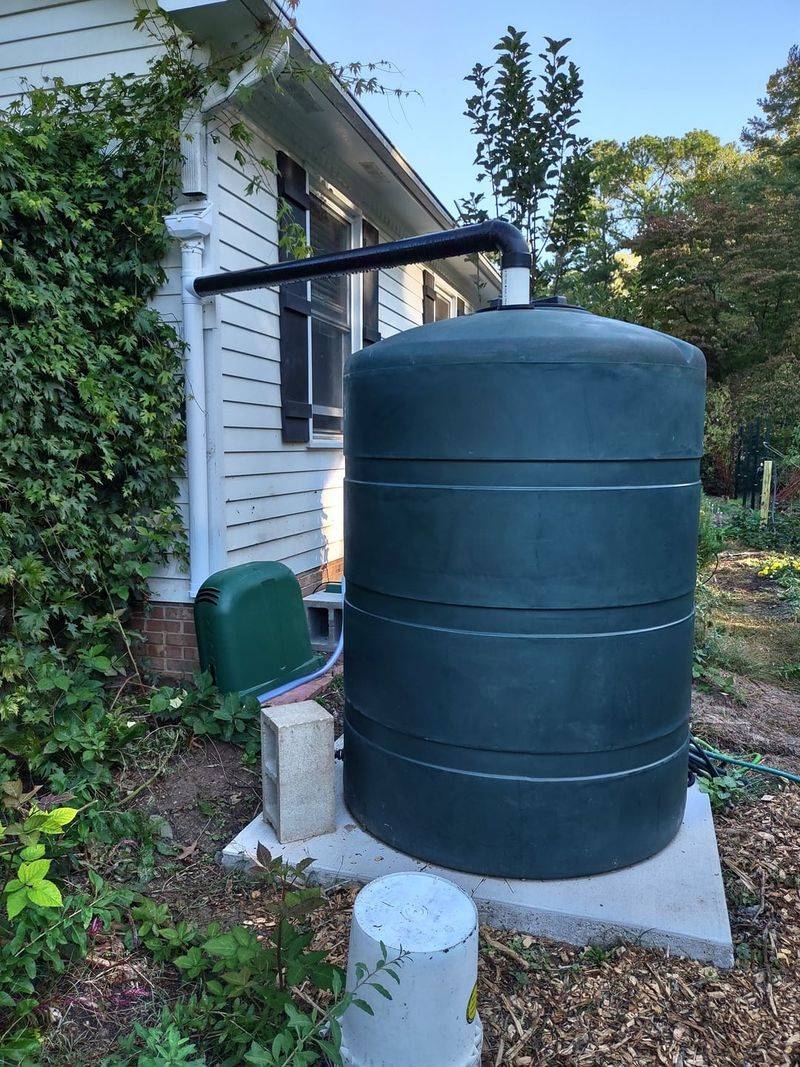
Collecting rainwater is an environmentally friendly way to water your garden. It’s free of the chemicals found in tap water and is better for your plants. Setting up a rain barrel is a simple project that can have a big impact.
By using rainwater, you can reduce your water bill and conserve a precious resource. It’s a practice that makes your garden more sustainable and eco-friendly. Rainwater is typically softer and more beneficial for your plants’ health. It’s a small step that can lead to significant savings and environmental benefits.
11. Stop Neglecting Seasonal Changes
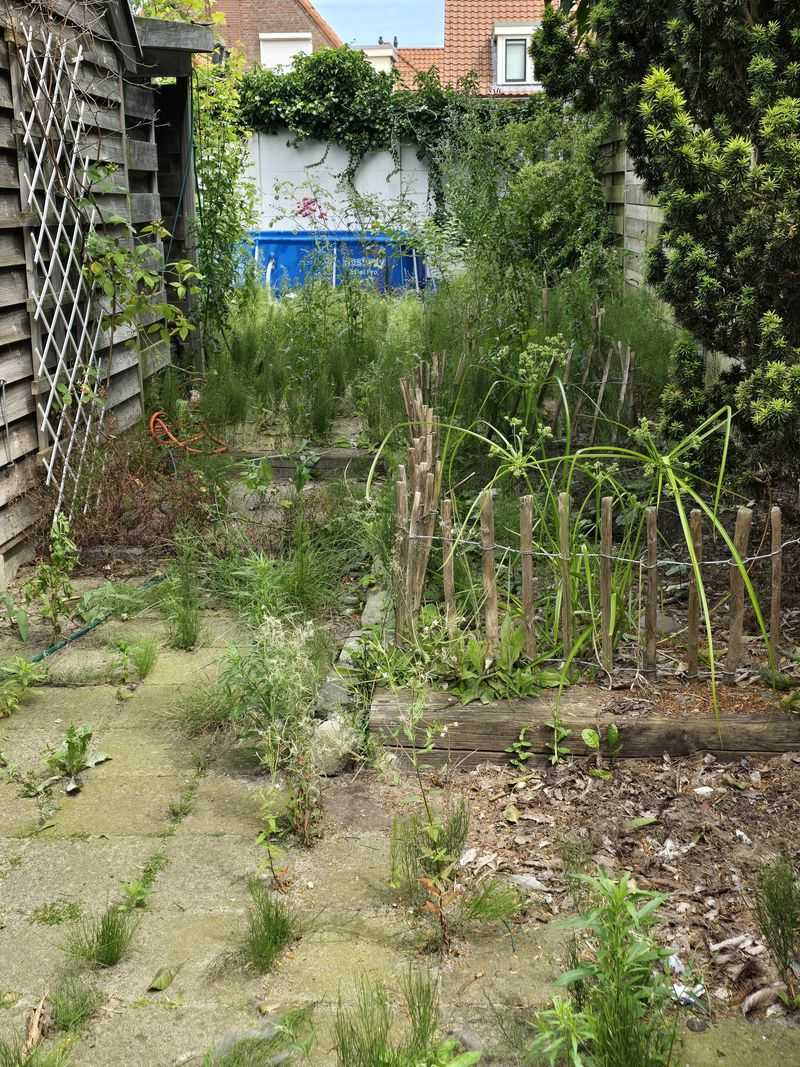
Gardening isn’t just a summer pastime; it’s a year-round commitment. Neglecting seasonal changes can lead to missed opportunities and struggling plants. Each season presents different challenges and opportunities for growth.
By understanding the seasonal needs of your plants, you can tailor care to ensure year-round beauty. This includes choosing plants that thrive in specific seasons and adjusting care routines accordingly.
Paying attention to seasonal changes can help you maximize your garden’s potential. It’s about working with nature’s cycles to your advantage.
12. Start Building Healthy Habitats for Wildlife
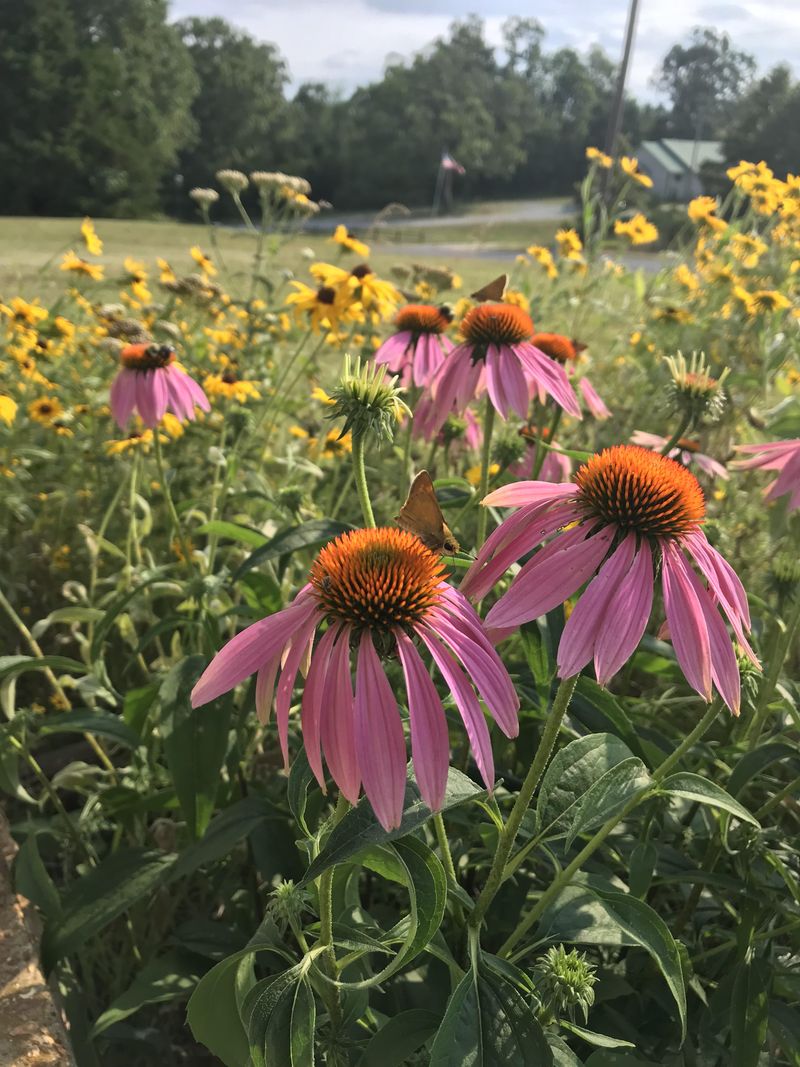
Creating a garden that’s inviting to wildlife can enhance its beauty and ecological value. By providing habitats for birds, bees, and butterflies, you can support biodiversity.
Simple additions like birdhouses, water features, and flowering plants can attract a variety of wildlife. These creatures play crucial roles in pollination and pest control, contributing to a healthier garden.
A wildlife-friendly garden is a dynamic, vibrant space that’s constantly changing. It brings a sense of harmony and connection with nature. By welcoming wildlife, you’re enriching your garden and the environment.
13. Stop Planting Without Knowledge
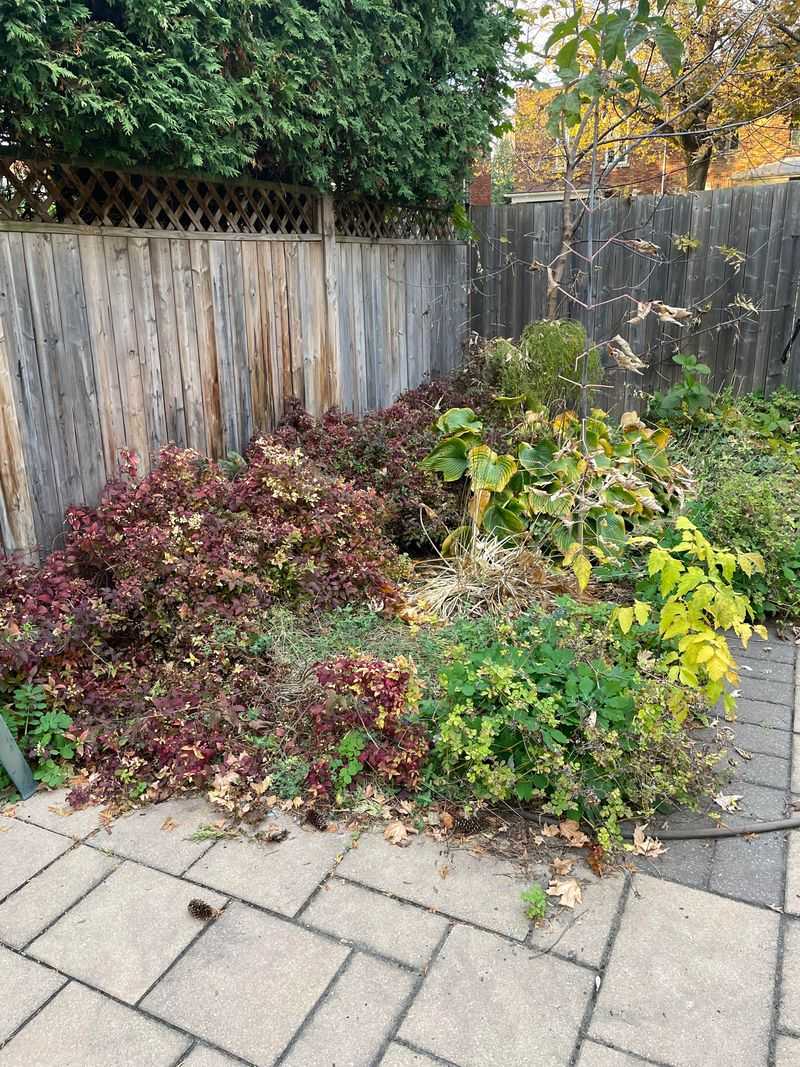
Jumping into gardening without understanding the plants you’re working with can lead to frustration. Each plant has specific needs for sunlight, water, and soil.
Researching before planting can save you time and disappointment. It’s essential to know what you’re planting, where, and why. By understanding the needs of your plants, you can provide the best conditions for growth.
This knowledge helps you make informed decisions and avoid common pitfalls. Gardening is as much about learning as it is about growing.
14. Start Sharing Your Garden
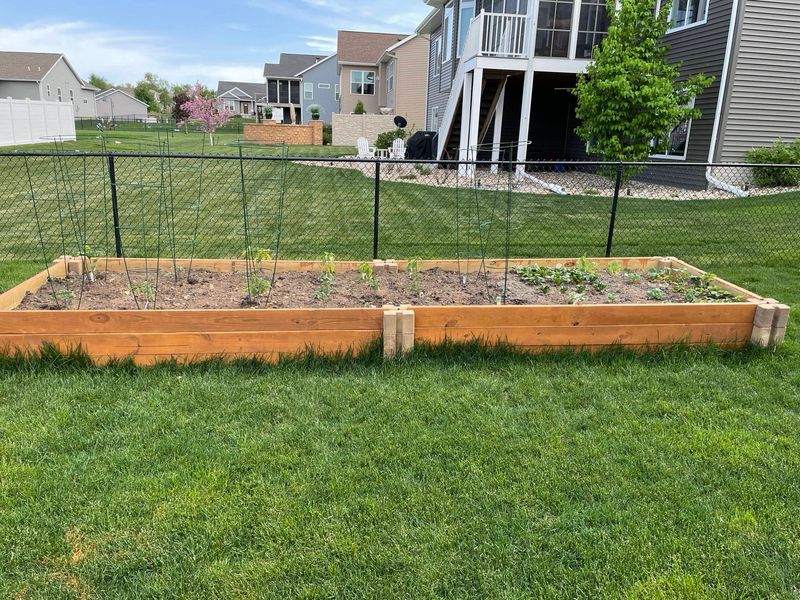
Gardening is often seen as a solitary activity, but it doesn’t have to be. Sharing your garden with friends, family, or a community can be incredibly rewarding. It opens up opportunities for learning, exchanging plants, and gaining new perspectives.
A shared garden can foster a sense of community and collaboration. It’s a chance to connect with others who share your passion. By sharing your garden, you’re creating a space for growth, both for your plants and your relationships. It’s about cultivating not just plants, but connections.
15. Stop Ignoring Weed Control
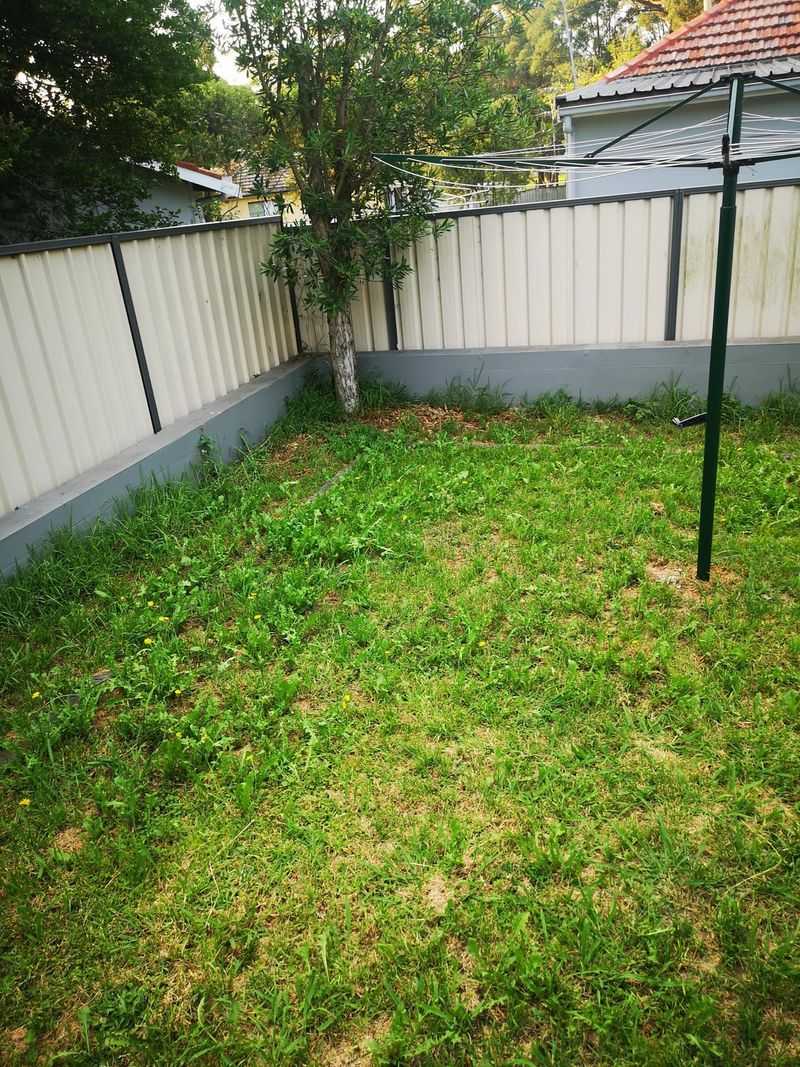
Weeds might seem harmless, but they can quickly outcompete your plants for nutrients and space. Ignoring them can lead to a messy, unproductive garden.
Regular weeding is necessary to keep your garden healthy and attractive. It’s about being proactive rather than reactive. By removing weeds, you’re giving your plants the best chance to thrive. Hand pulling or using mulch are effective weed control methods.
16. Start Using Companion Planting
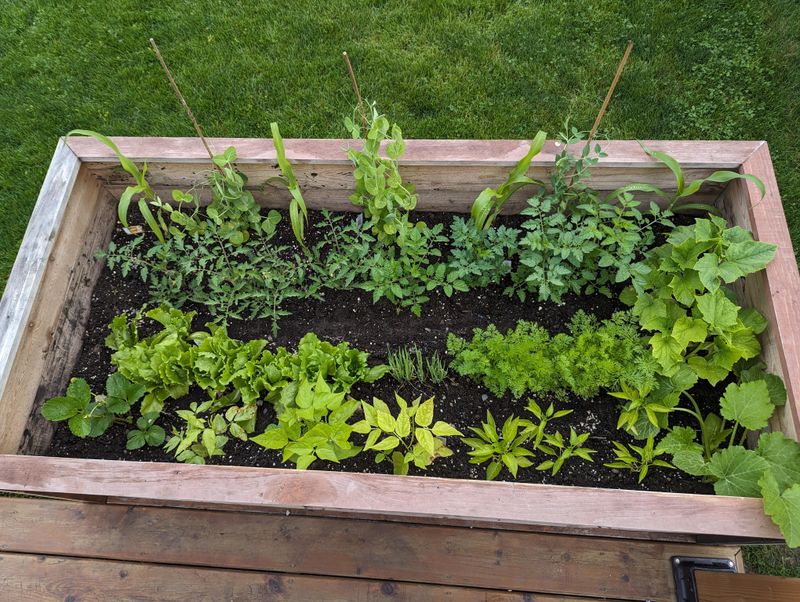
Companion planting is a time-tested method to boost your garden’s productivity and health. By pairing certain plants together, you can naturally deter pests and enhance growth.
Some plants can even improve the flavor of their neighbors. This method reduces the need for chemicals and promotes a more balanced ecosystem.
For instance, planting marigolds with vegetables can repel nematodes. It’s a strategy that works in harmony with nature. Companion planting offers a simple, effective way to optimize your garden’s potential.
17. Stop Underestimating the Value of Shade
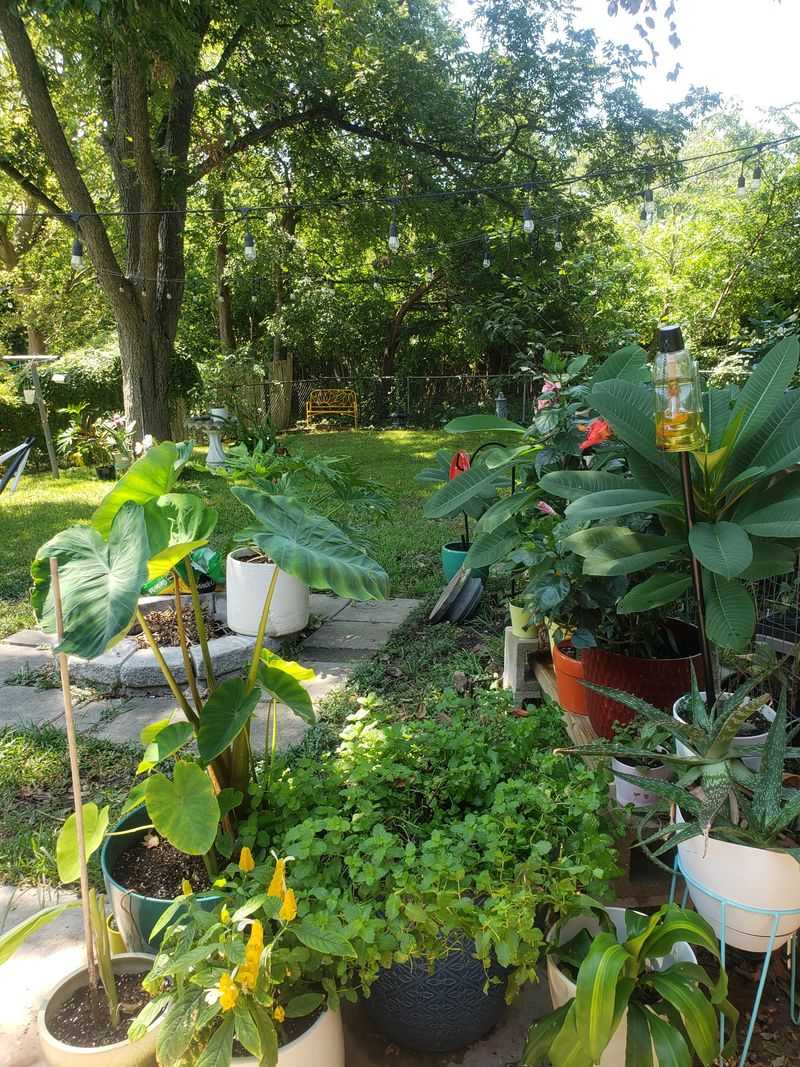
In the quest for colorful blooms, beginners often overlook the value of shade-loving plants. Shade doesn’t mean dull or lifeless; in fact, it offers a unique palette of colors and textures.
Many shade plants are hardy and require less maintenance. Incorporating them into your garden can create depth and interest. They provide relief from the sun and can thrive in those tricky spots other plants can’t.
Shade plants also help conserve soil moisture and reduce temperature fluctuations. Embracing the shade can lead to a more diverse and resilient garden.
18. Start Utilizing Vertical Space
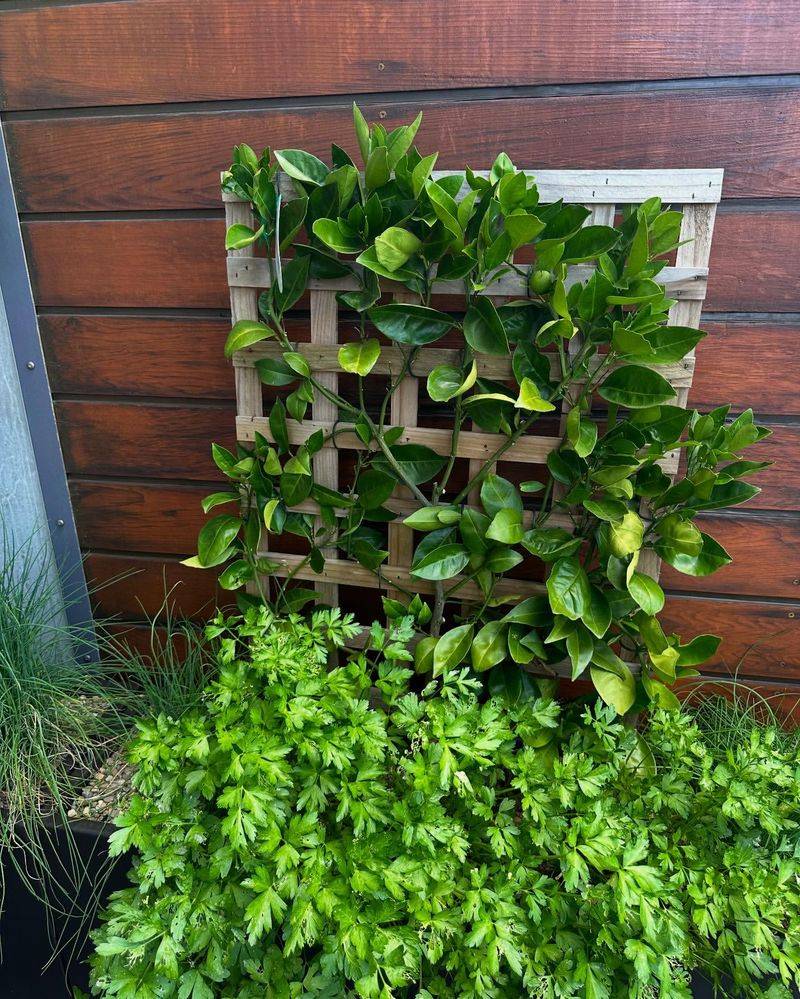
If you’re limited on space, vertical gardening is an ingenious solution. It allows you to grow more plants in a smaller area by using walls, trellises, and hanging pots.
This method not only maximizes space but adds an element of creativity to your garden. Vertical gardens can be eye-catching and practical, offering easy access to plants. They’re ideal for urban gardeners with limited ground space.
Vertical gardening also improves air circulation, reducing the risk of disease. It’s a fun and functional way to make the most of your available space.
19. Stop Forgetting to Rotate Crops
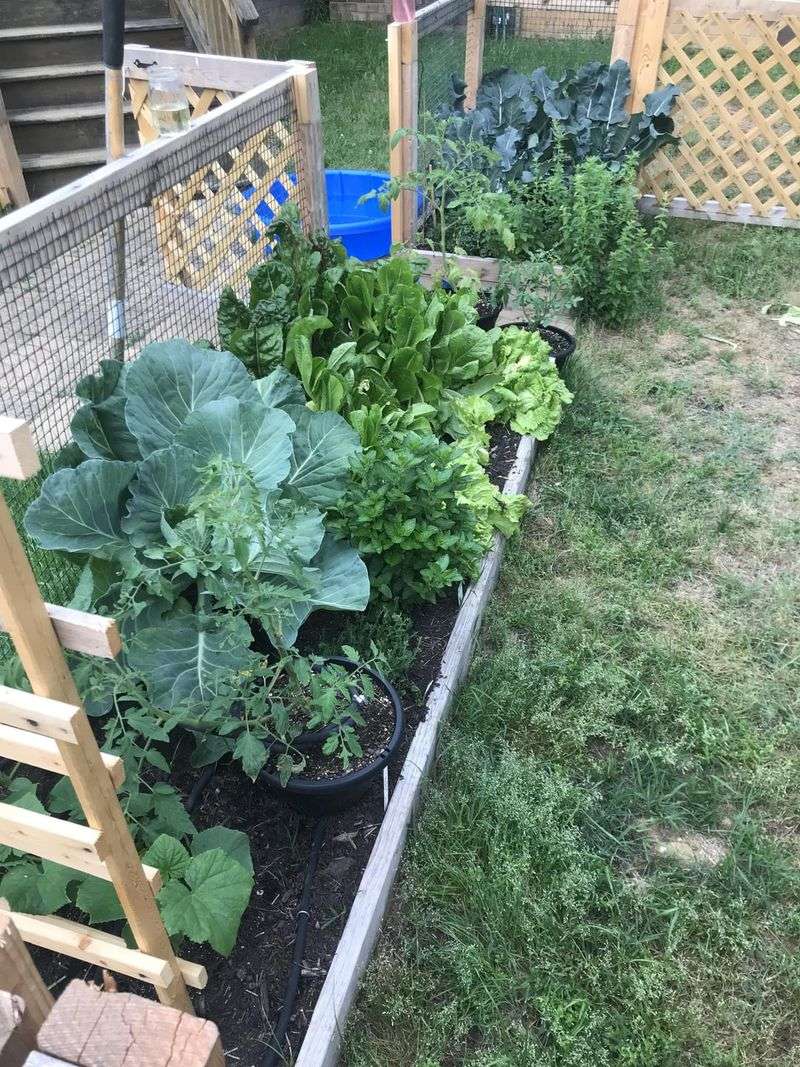
Crop rotation is a crucial practice that many new gardeners overlook. By changing the location of plant families each season, you can prevent soil depletion and reduce pest buildup.
It helps maintain a healthy soil structure and nutrient balance. Rotating crops can also minimize disease risks and improve yields. It’s a practice rooted in tradition that offers modern benefits.
By planning ahead, you can ensure a more sustainable and productive garden. Crop rotation is about thinking long-term for lasting success.
20. Start Embracing Perennial Vegetables
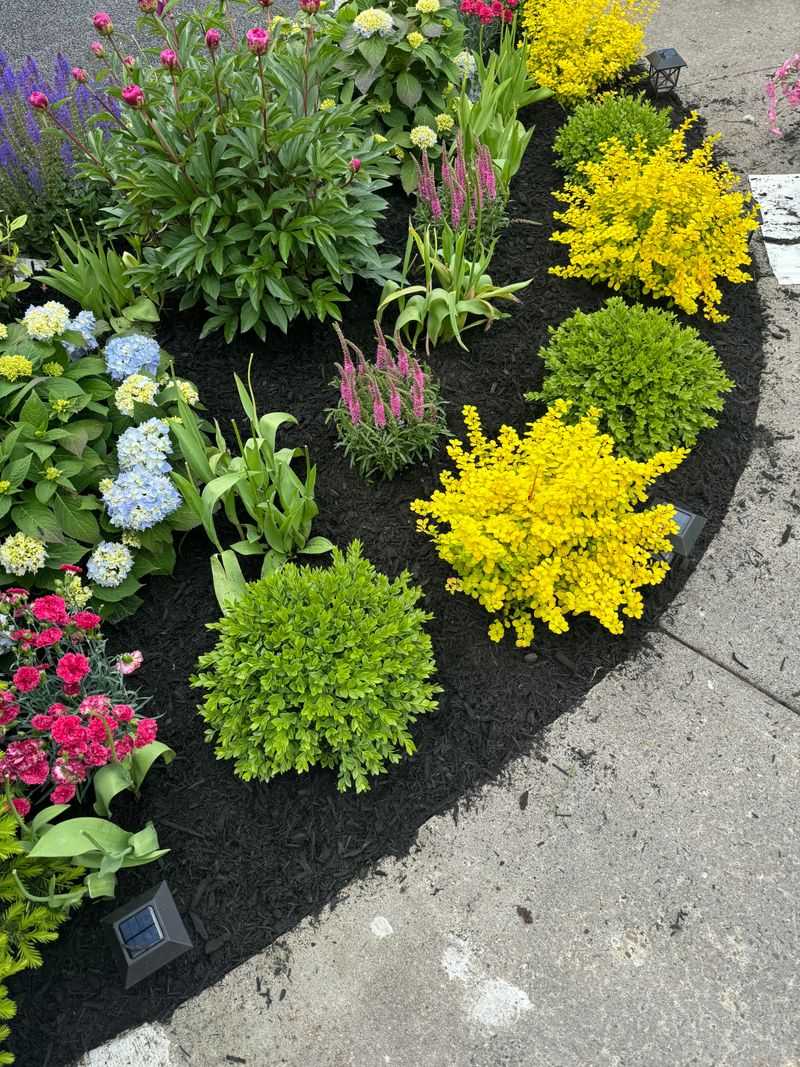
Perennial vegetables are a gardener’s secret to less work and more rewards. Unlike annuals, they don’t need replanting each year, offering a steady supply of food. They often require less maintenance and are more resilient to changing conditions.
By incorporating perennial vegetables, you can create a sustainable and productive garden. They’re a great way to diversify your garden and ensure year-round harvests.
Some popular choices include asparagus, rhubarb, and artichokes. Embracing perennials can lead to a more self-sufficient and bountiful garden.
21. Stop Ignoring Plant Labels
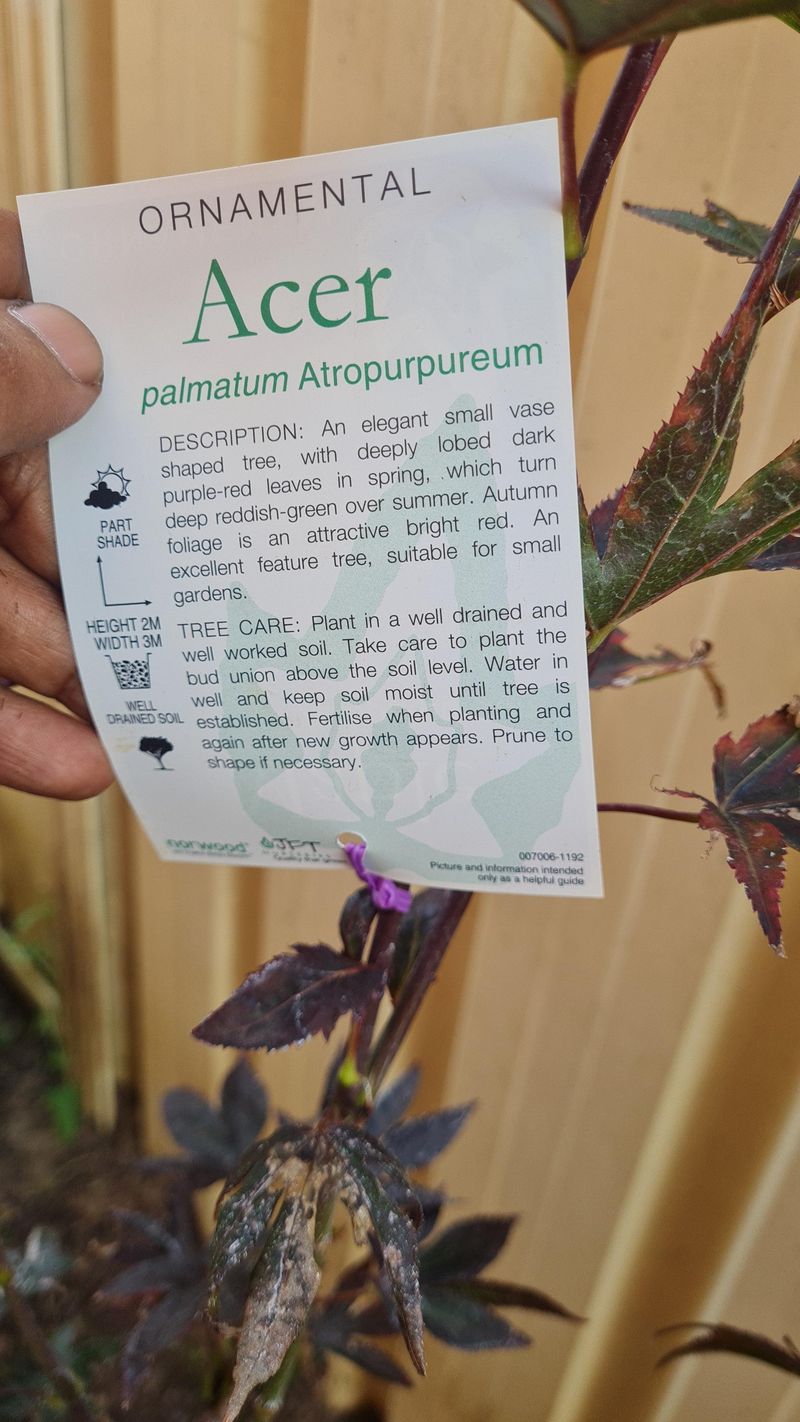
Plant labels contain essential information that can guide your gardening decisions. Ignoring them can lead to misplaced plants and unmet needs. Each plant has specific requirements for light, water, and space.
By understanding these labels, you can place plants in the right conditions. It helps prevent overcrowding and ensures healthy growth. Taking the time to read labels can save you from future headaches. They’re a small detail that makes a big difference.
22. Start Incorporating Edible Flowers
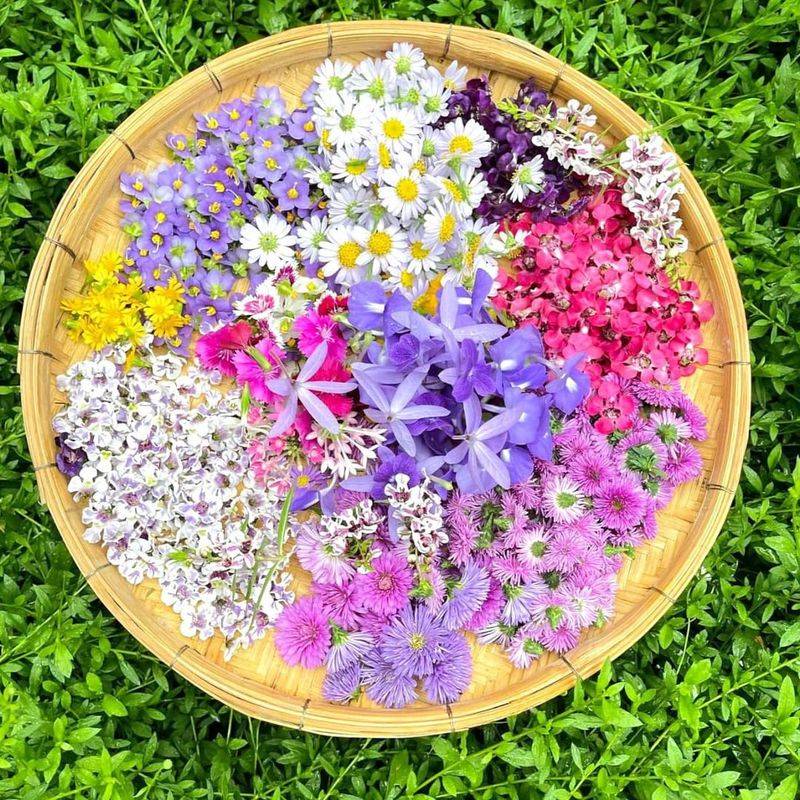
Edible flowers add a touch of whimsy and flavor to your garden. They’re not just beautiful; they can enhance your culinary creations.
Flowers like nasturtiums, violets, and calendula are easy to grow and delicious. Incorporating them into your garden provides a unique blend of aesthetics and functionality.
They attract pollinators and can be used in salads, desserts, and garnishes. Growing edible flowers is a delightful way to experiment with new flavors. It’s about bringing beauty and taste together in harmony.
23. Stop Forgetting to Prune
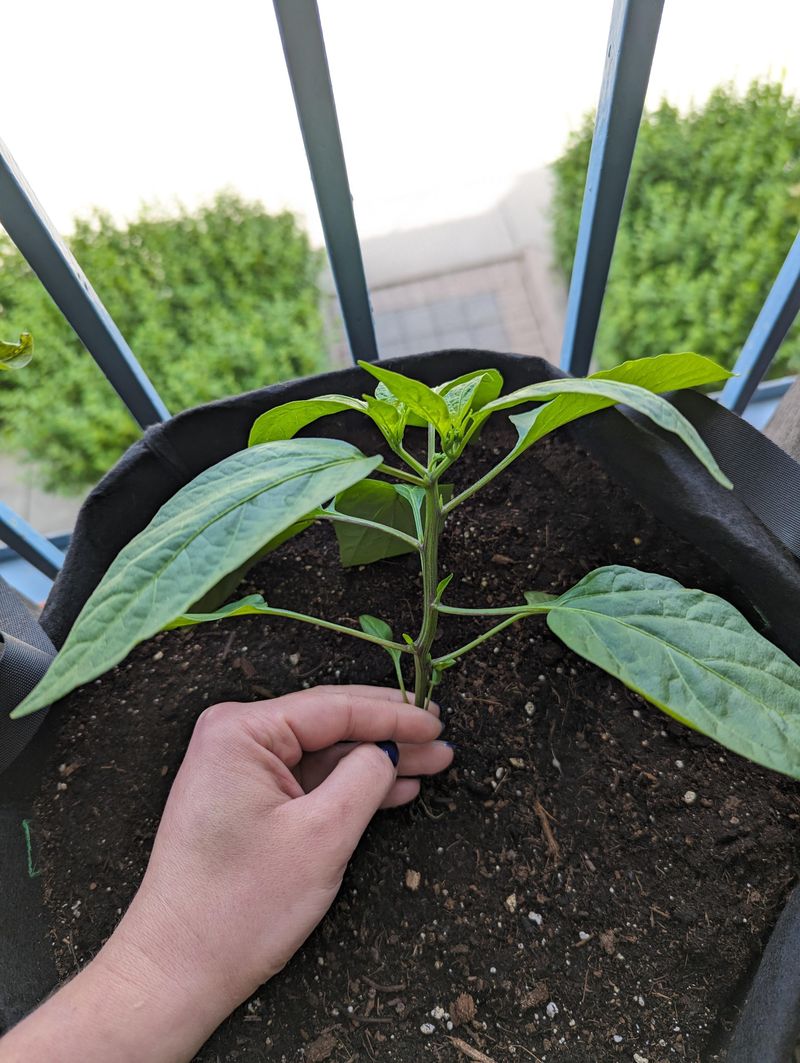
Pruning might seem daunting, but it’s vital for plant health and aesthetics. It encourages growth, prevents disease, and maintains shape. Regular pruning can lead to more flowers and fruit production. It’s about knowing when and what to cut.
By removing dead or overcrowded branches, you allow more light and air to reach the plant. Pruning is a skill that improves with practice and observation. It’s an art that enhances the beauty and productivity of your garden.
24. Start Using Organic Fertilizers
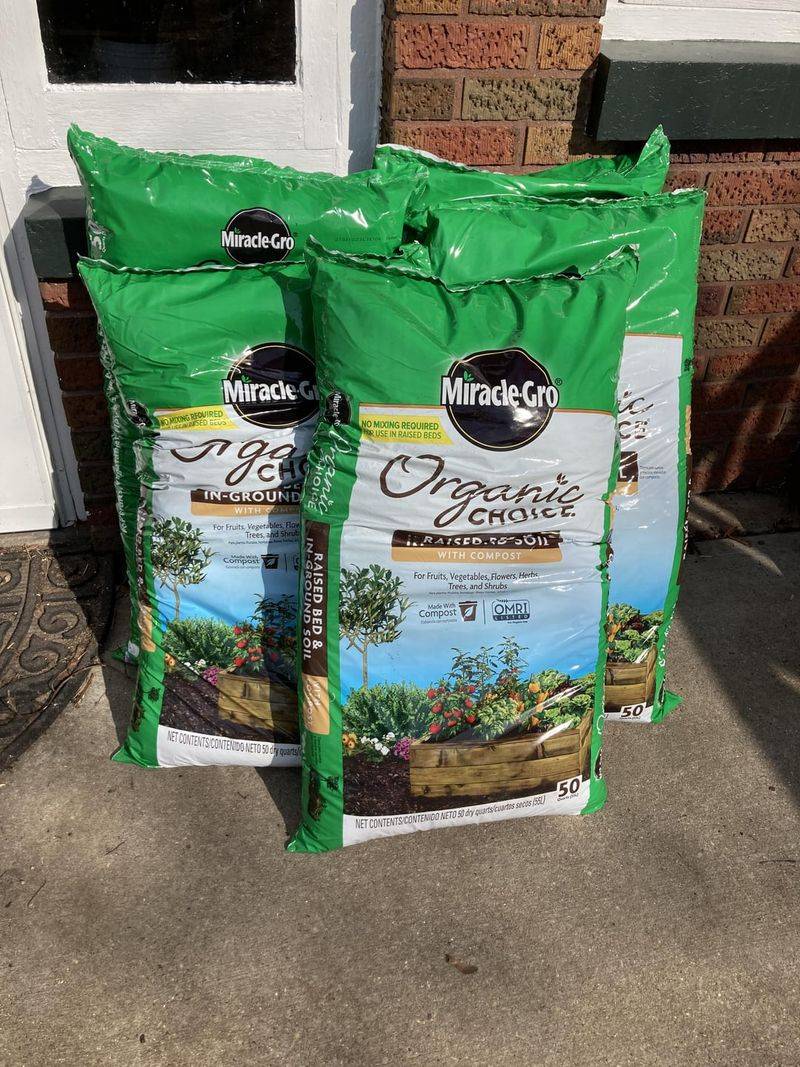
Organic fertilizers provide a natural way to nourish your garden without harmful chemicals. They improve soil structure and promote healthy growth. By using organic options, you’re enhancing the soil’s fertility and microbial activity. It’s a sustainable choice that benefits the environment and your plants.
Organic fertilizers release nutrients slowly, ensuring a steady supply for your plants. They’re made from natural materials like compost, manure, and bone meal. Using them supports a holistic approach to gardening.

